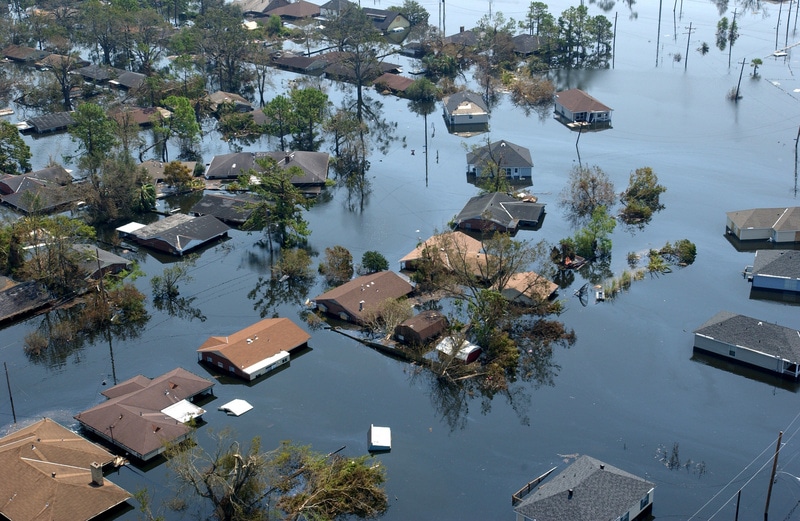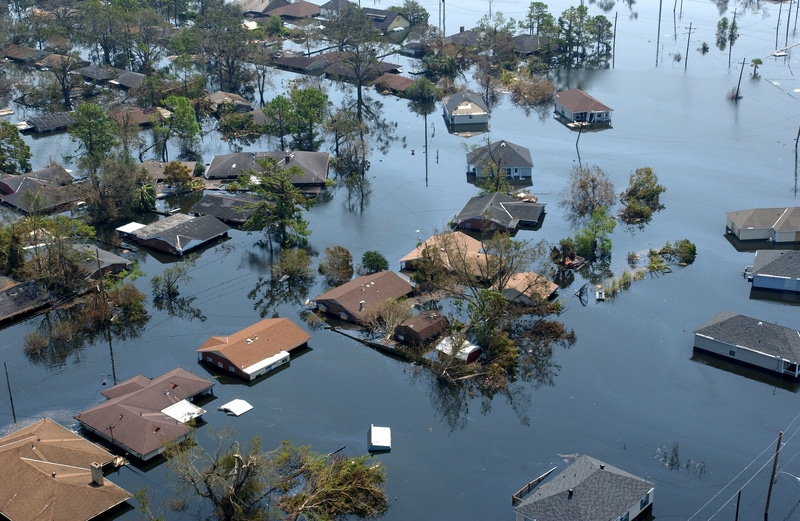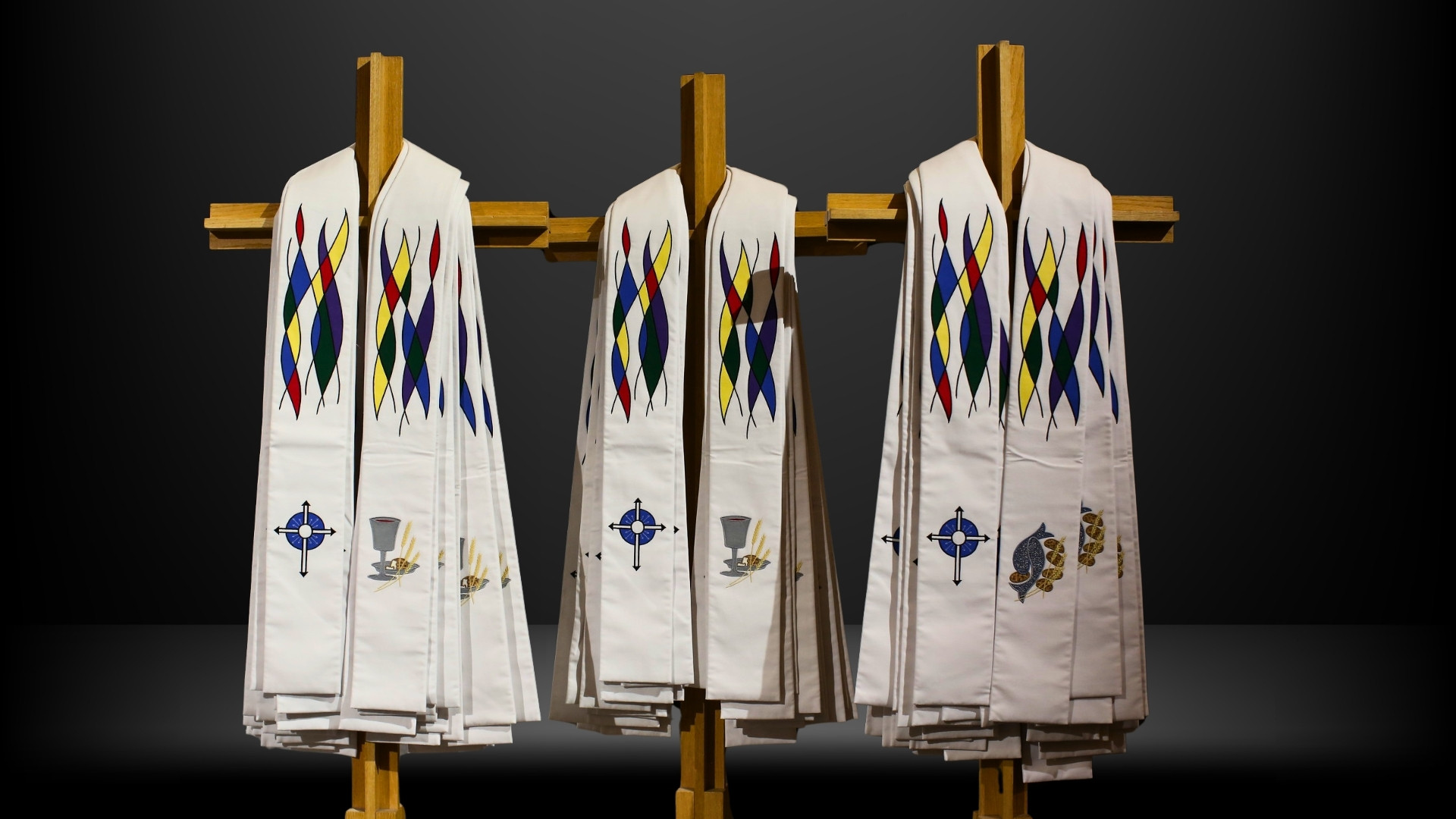
Jocelyn Augustino/FEMA
CHICAGO, IL (August 30, 2017) – When disaster strikes, concerned individuals and groups want to help. But what is the best way to respond? Sometimes our good intentions in times of disaster can do more harm than good. The list below will better enable you to make thoughtful decisions about how to best respond in times of disaster. The Love Mercy Do Justice mission priority and Covenant World Relief offer the following guidelines. They are also available for download.
Find a trustworthy, reputable relief organization to donate to.
Professional humanitarian aid organizations are able to respond quickly to urgent needs because of financial gifts. Your gift is essential to facilitate response to the emergency needs of the most vulnerable. Love Mercy Do Justice in partnership with Covenant World Relief is a vital part of the Covenant Church’s response to domestic disasters. LMDJ and CWR work with local partners who have expertise and experience in disaster response.
Cash donations do make a difference.
Cash donations can be used immediately to purchase critically needed items. Experienced organizations are able to provide aid to the afflicted more quickly because they have experience in getting items in bulk, avoiding duplicated efforts, and identifying those most in need. One hundred percent of donations to Love Mercy Do Justice will be used for disaster response.
Pray. Pray. Pray.
Pray for those who have been affected and for aid workers. Pray for those who have lost loved ones. Pray for survivors who are suffering. Pray with others, with your family, and your church.
Going to the affected area immediately after a disaster may not be helpful.
Immediate disaster response is a highly technical and sensitive effort. Professionals with specialized skills and experience in disaster situations are best suited to respond. Teams may run the risk of consuming critical resources; therefore, it is best for volunteers to wait for local invitations to help with long-term recovery efforts.
Please don’t start collecting items (blankets, shoes, diapers) unless you have been asked to do so by a reputable agency.
Shipping costs, sorting, packing, unpacking, sorting again, and distributing—all of these tasks take time and precious resources. Many aid groups do not accept used items. Cash gifts are the best, most efficient way to help organizations provide needed supplies quickly and purchase them near the disaster zone. In addition, cash gifts can help organizations replenish their stock so that they can prepare for future disasters.
Remember, people are not helpless in the face of disaster.
We believe people are made in God’s image. This does not change after a disaster. People often show a great deal of inner strength and resourcefulness when facing tragedy. Outside support and emergency aid are needed, but local people are not simply helpless victims. Local people are the best at knowing the unique cultural context of their own community and are therefore best able to respond.
To give to our hurricane disaster relief work visit the giving page. Details regarding specific areas of care will be provided in the days ahead, particularly as the flooding subsides and needs on the ground can be more clearly assessed.
Adapted from a World Vision document, also available through Covenant World Relief.














